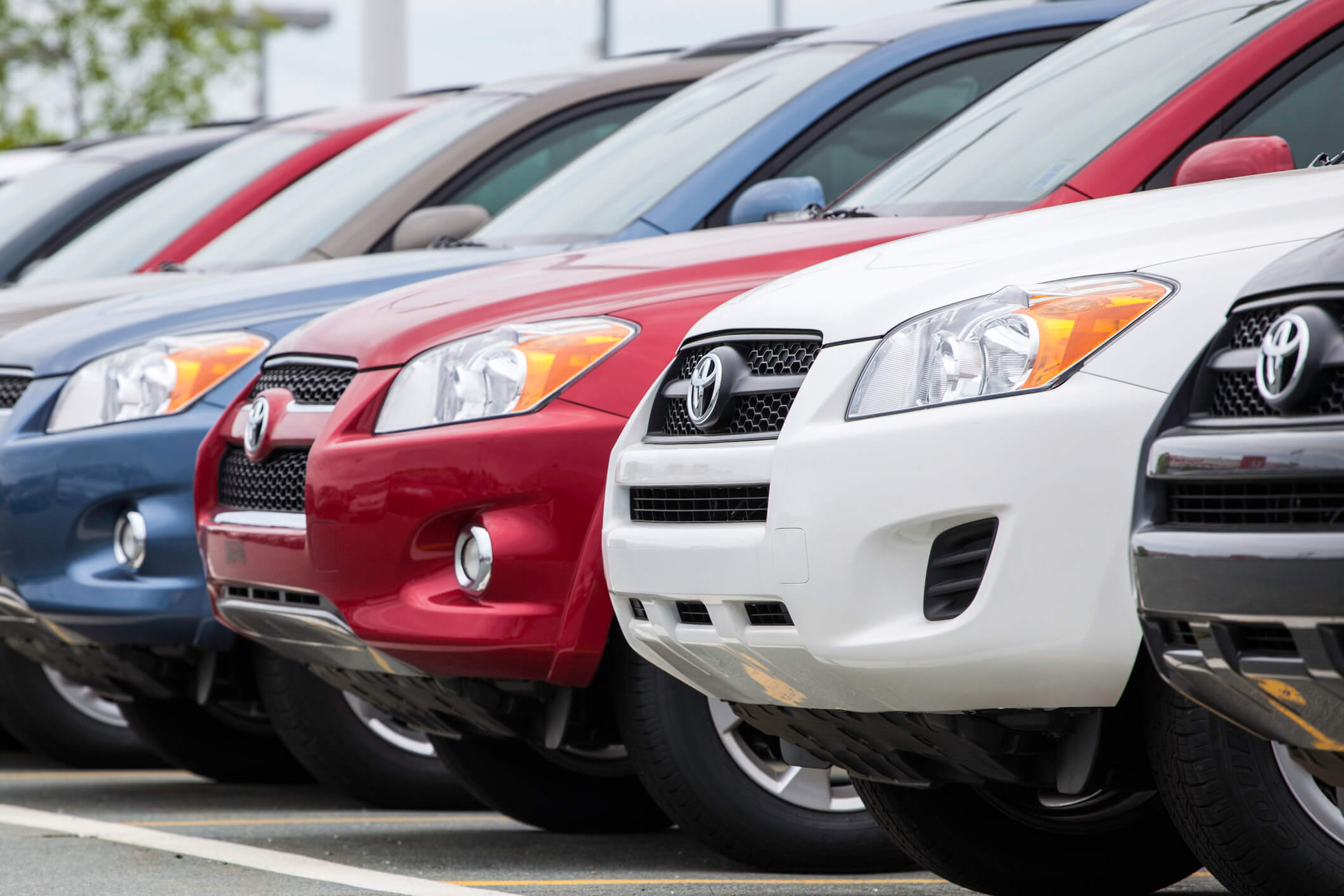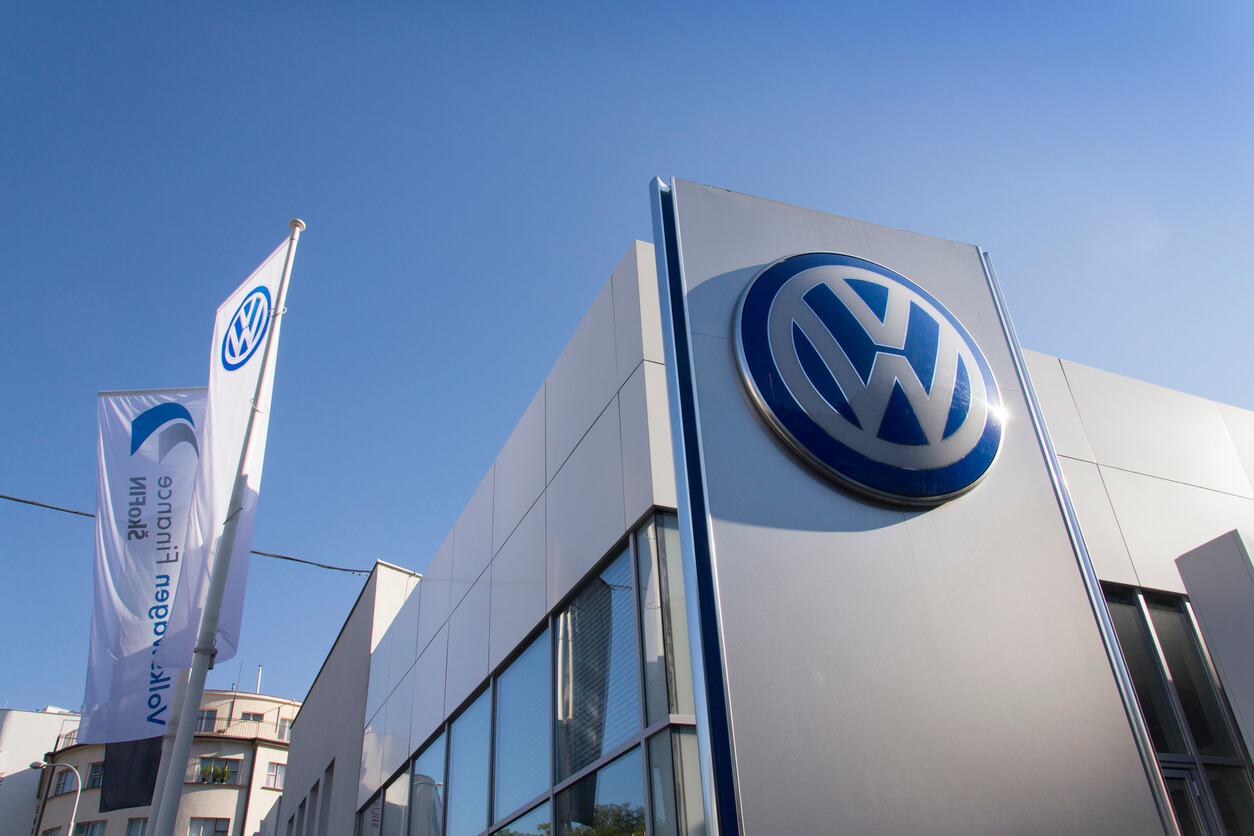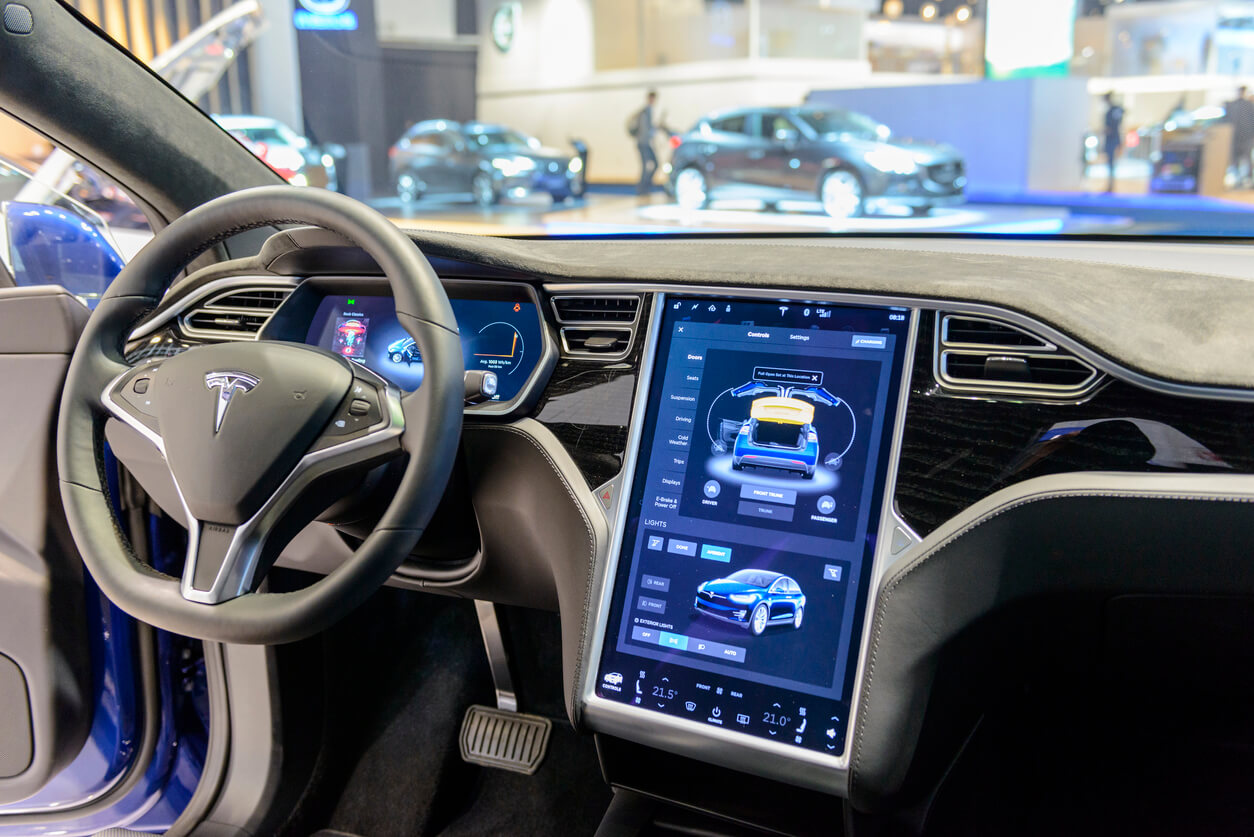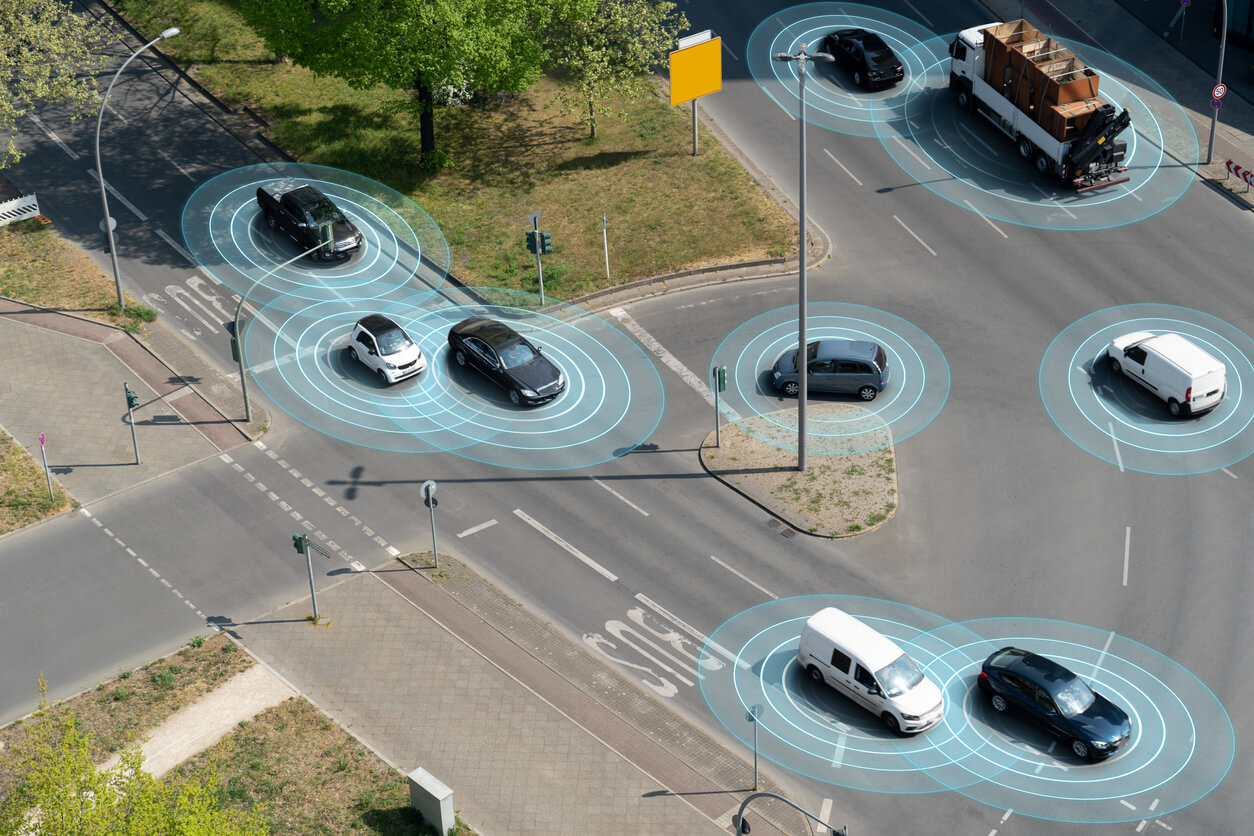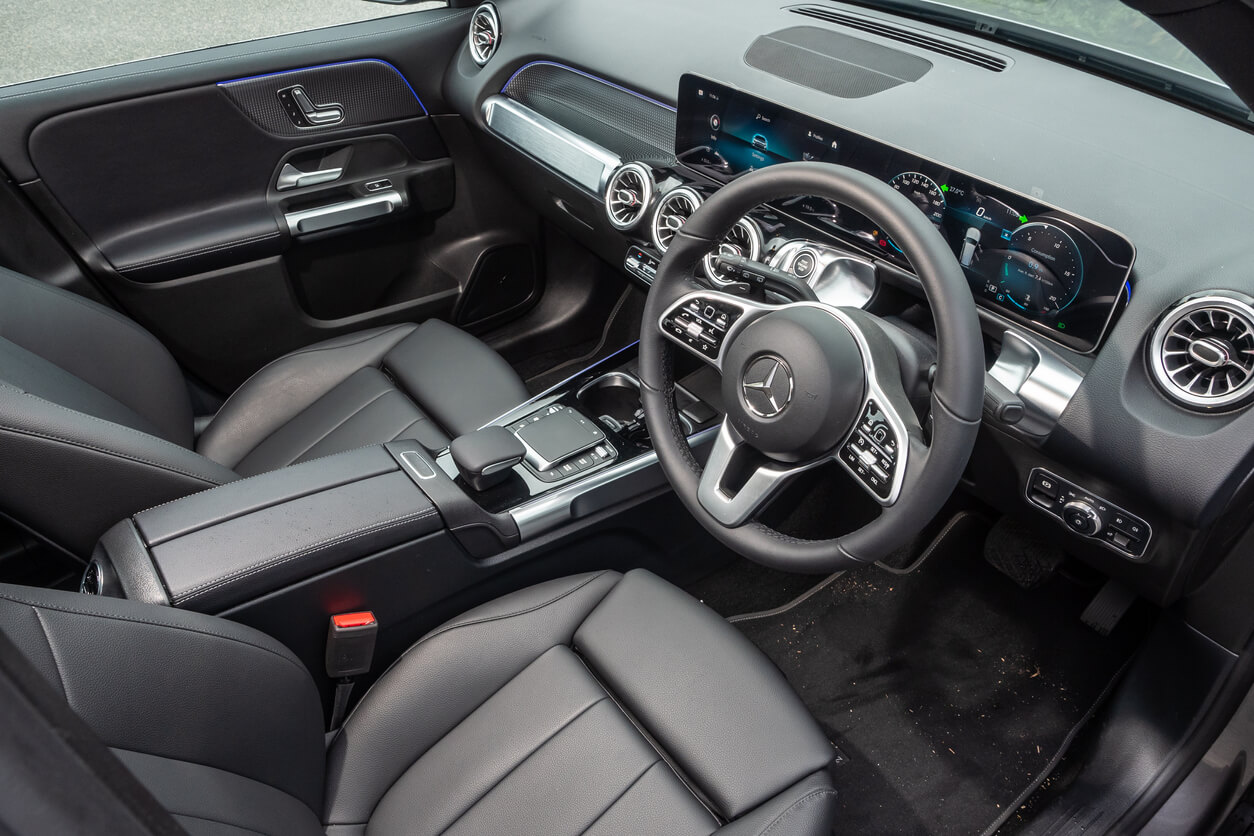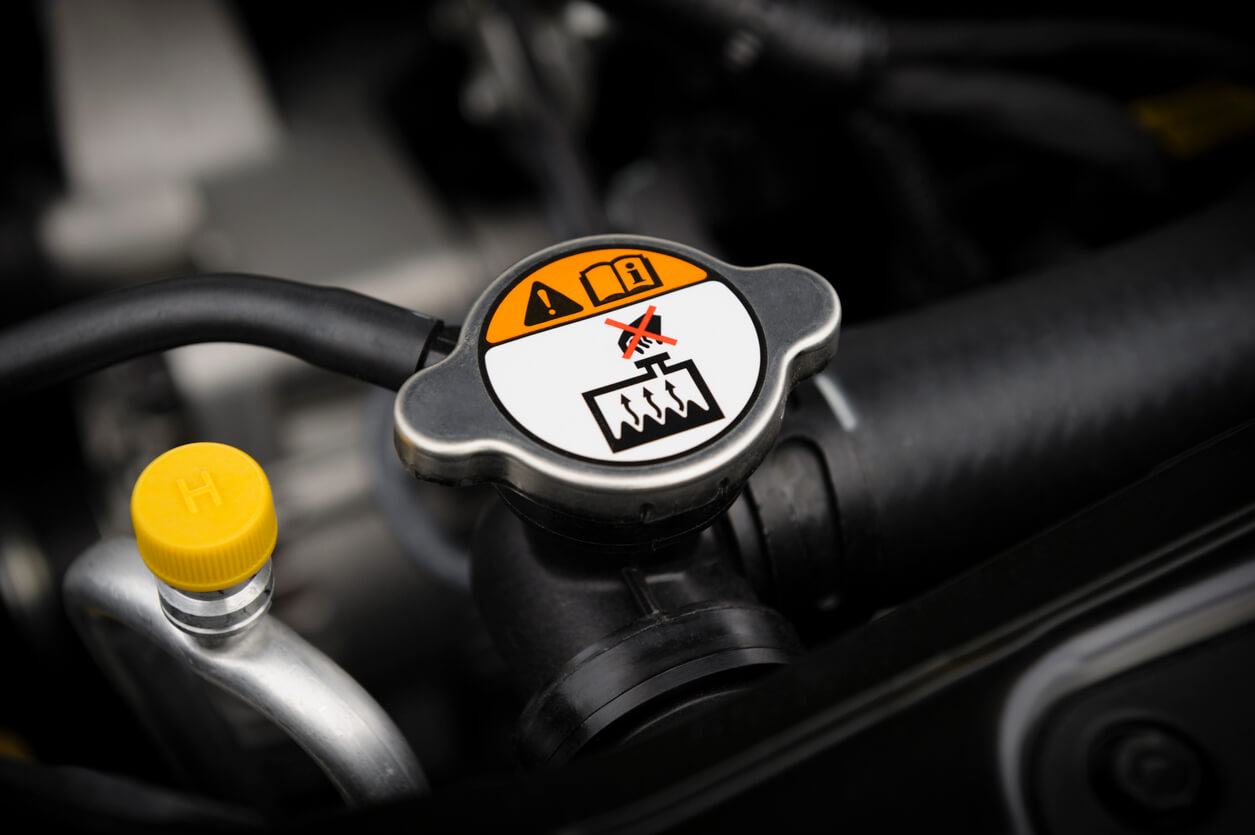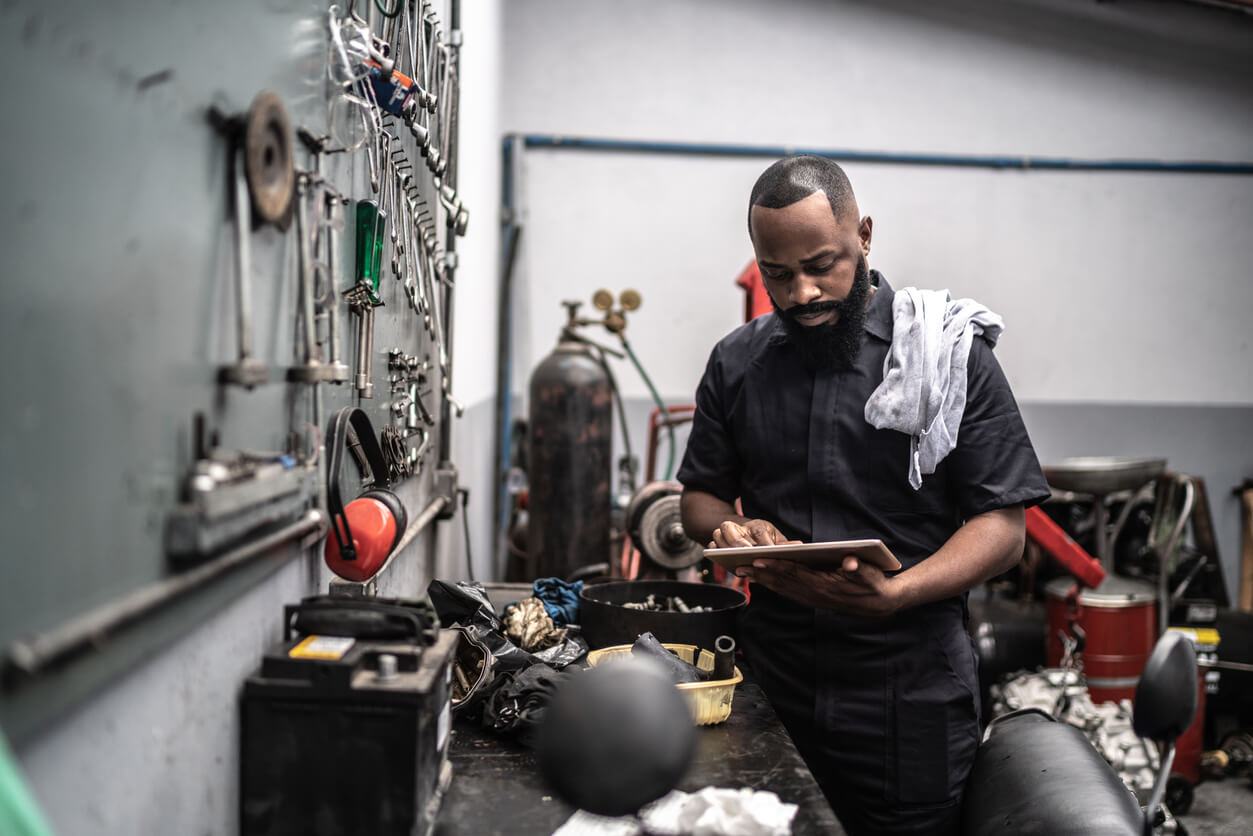April 18, 2021, by Andrea Plata
Toyota and Lexus Class Action Lawsuit
Consumers have initiated a class action lawsuit against Toyota and Toyota owned Lexus for a defect relating to certain vehicle model brakes. However, it is not for a reason you would think, the brakes work fine. The complaints relate to what consumers are describing as an unreasonably loud squealing sound when braking. Keep reading to learn everything you need to know about vehicle class action lawsuits and what to do if you are experiencing excessive brake squeal with your Toyota or Lexus.
What is an Automobile Class Action Lawsuit?
A class action lawsuit is a lawsuit brought by a group of plaintiffs who have suffered similar damages or injuries. Automobile class action lawsuits are typically brought when a group of plaintiffs is claiming that a specific auto part has either design or manufacturing defects. The term defect is used to describe a condition of a consumer product that does not meet a consumer’s reasonable expectation.
Why are your Toyota or Lexus Brakes Squealing?
As mentioned above, the Toyota and Lexus consumers are not issuing complaints about the effectiveness of the car’s ability to brake but are rather voicing concerns about an unpleasant and excessive squealing or squeaking sound when braking. The company has issued a statement on their website warning consumers that the brake noise is a result of the braking materials and design implemented for the brake pads and assure consumers that this design was implemented for maximum brake performance.
The class action was brought after a California plaintiff leased a 2019 Lexus LC and reported the excessive and unreasonable squealing sound. In 2020, Lexus addressed the brake squeal by issuing a technical service bulletin to their dealerships. The company explained that certain vehicle models are equipped with high-performance, high friction brake pads that can make a squealing or squeaking noise. Toyota owned Lexus offered an alternative and what they claim to be a less effective braking system to those consumers who find the squealing ‘objectionable’.
In the same technical service bulletin, Lexus instructed its dealers to inform any consumers who wish to change out the standard braking system that they may be compromising the quality of their vehicle’s brakes by choosing the less noisy option. Lexus also cited that the squealing is “an inherent characteristic of high-performance brake systems”.
Which Toyota and Lexus Models Have Defective Brakes?
The class action lawsuit was filed in the U.S. District Court for the Central District of California: Hovsep Hagopian, v. Toyota Motor North America, Inc., et al. and claims that the brake systems on the following models are defective,
• 2016-2019 Lexus LC500
• 2016-2019 Lexus RC F
• 2016-2019 Lexus GS F
• 2013-2018 Toyota Corolla
What Can You Do About Toyota or Lexus Brake Squeal?
If you are driving one of the Lexus or Toyota models listed above, and you are experiencing the excessive brake squeal, you may be protected under California law. If you are in Los Angeles County and believe your Lexus or Toyota vehicle does not meet your quality expectations, call the California Consumer Attorney’s to discuss your claim. You are a protected consumer under California law and CCA’s experienced lawyers can help you fight back against the automaker.
Call CCA today for a free consultation: (833) LEMON-FIRM. We will get you the compensation you deserve – and at no cost to you!
